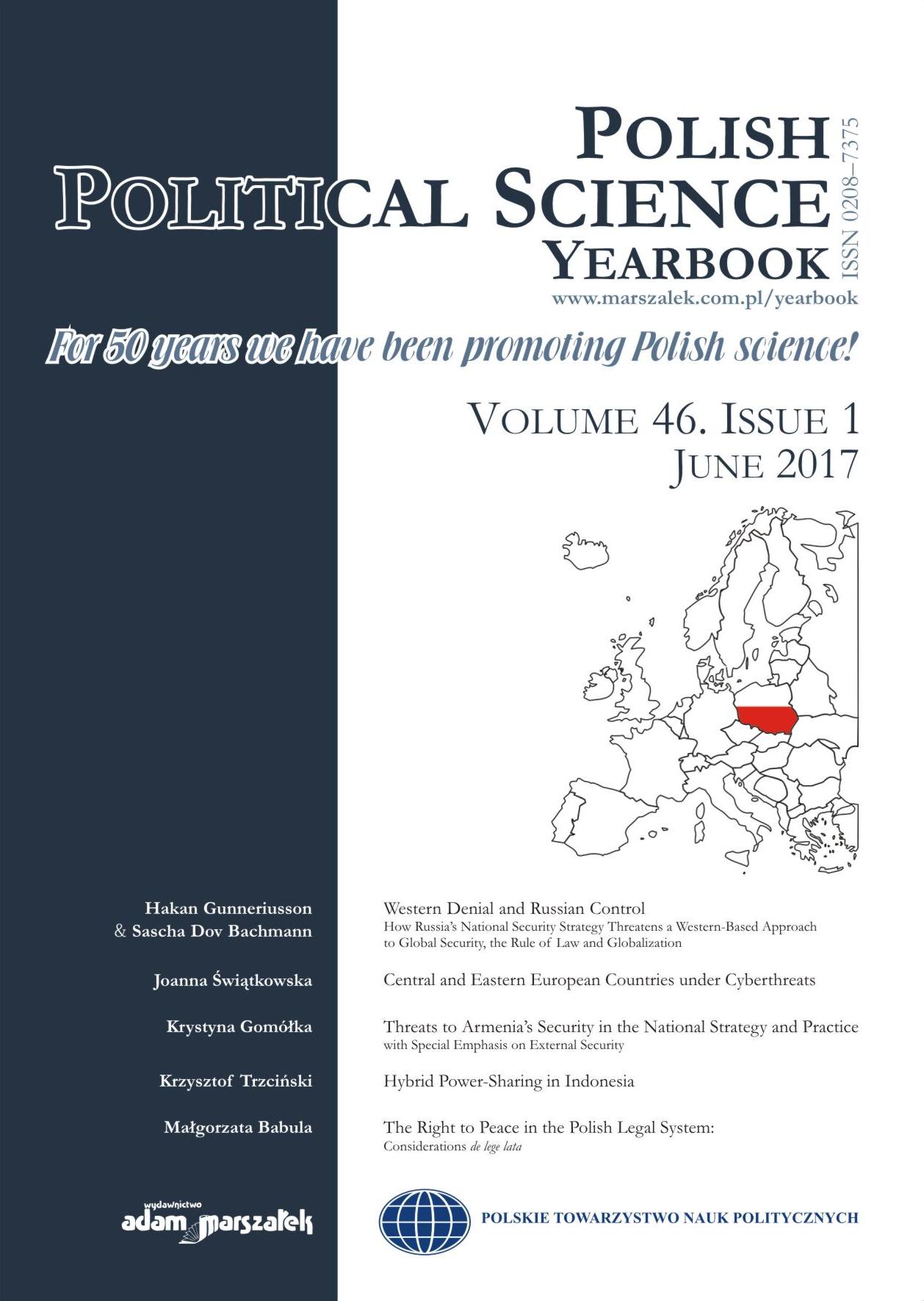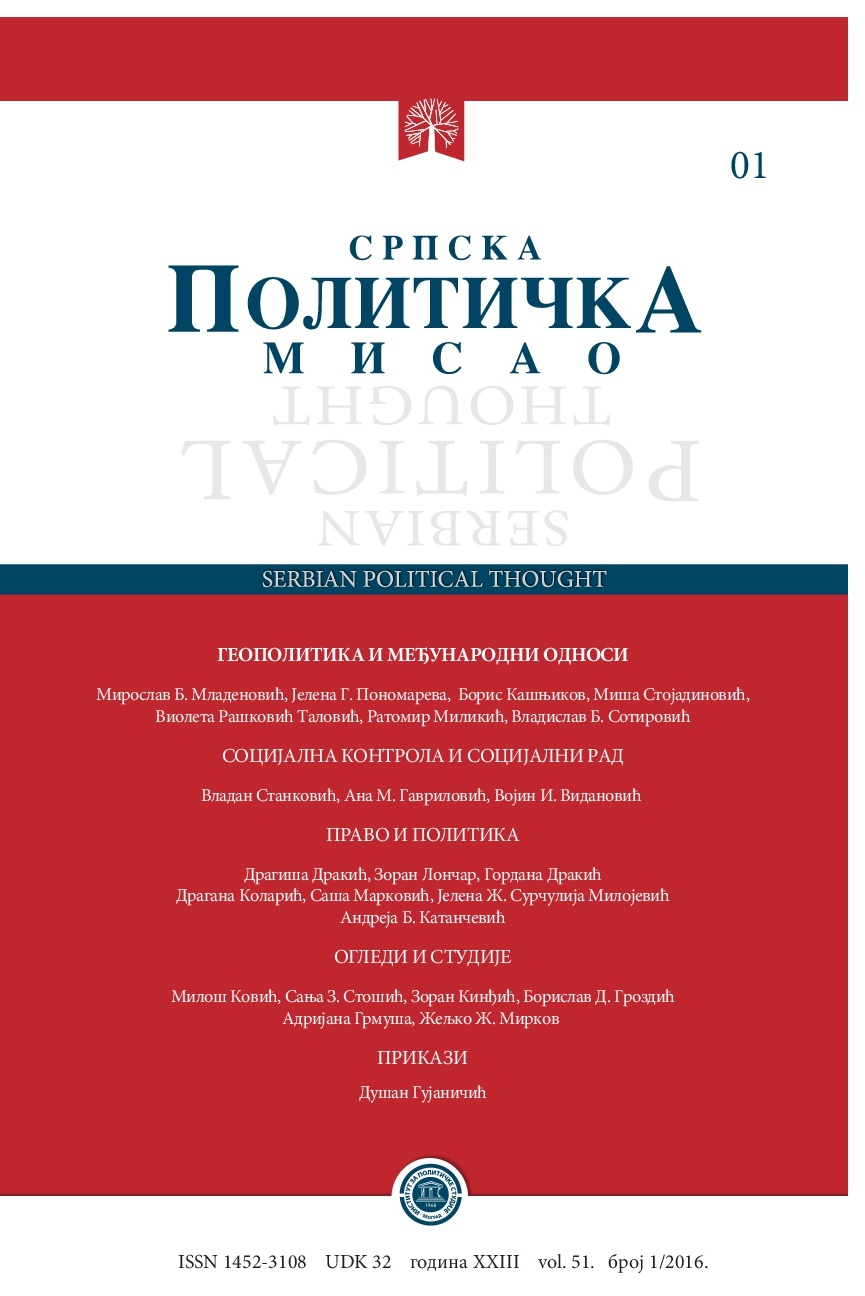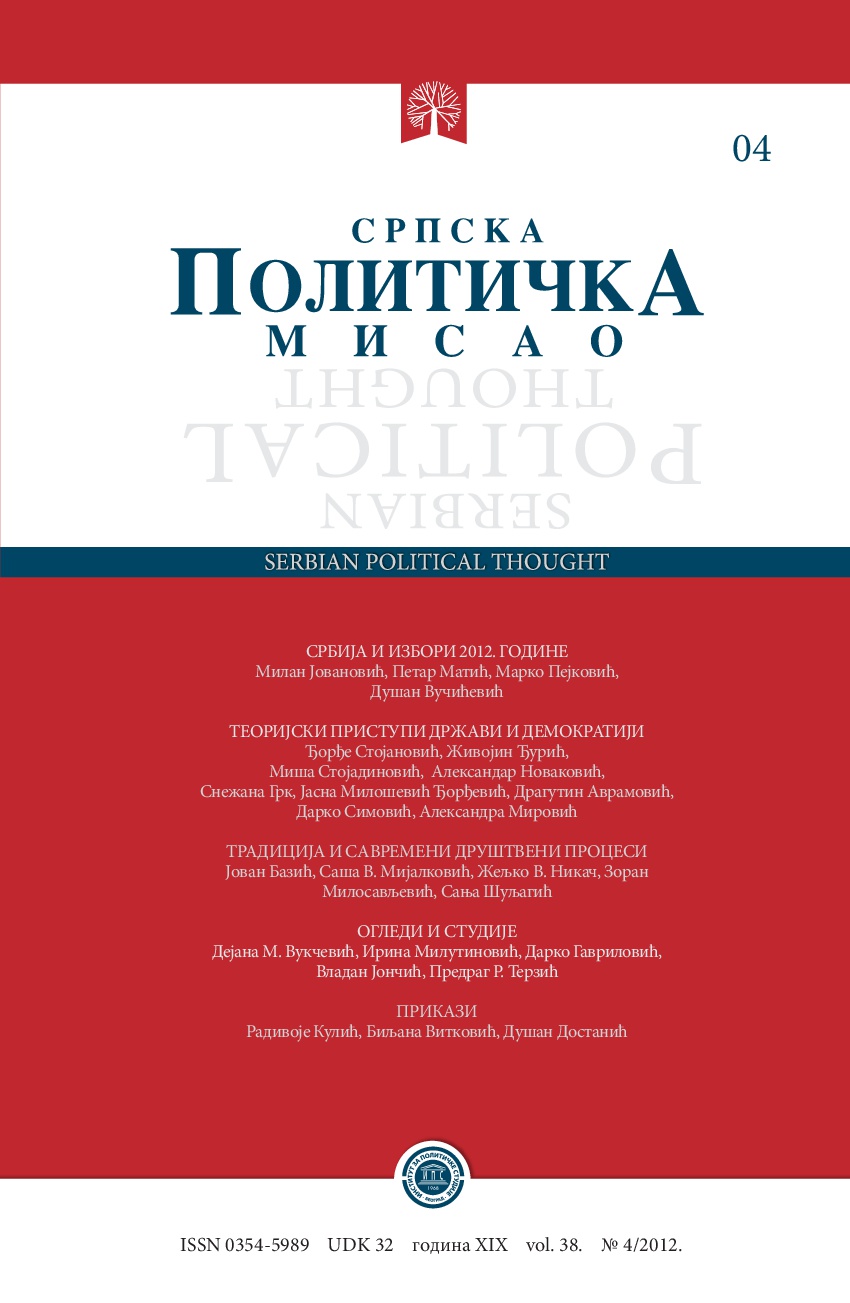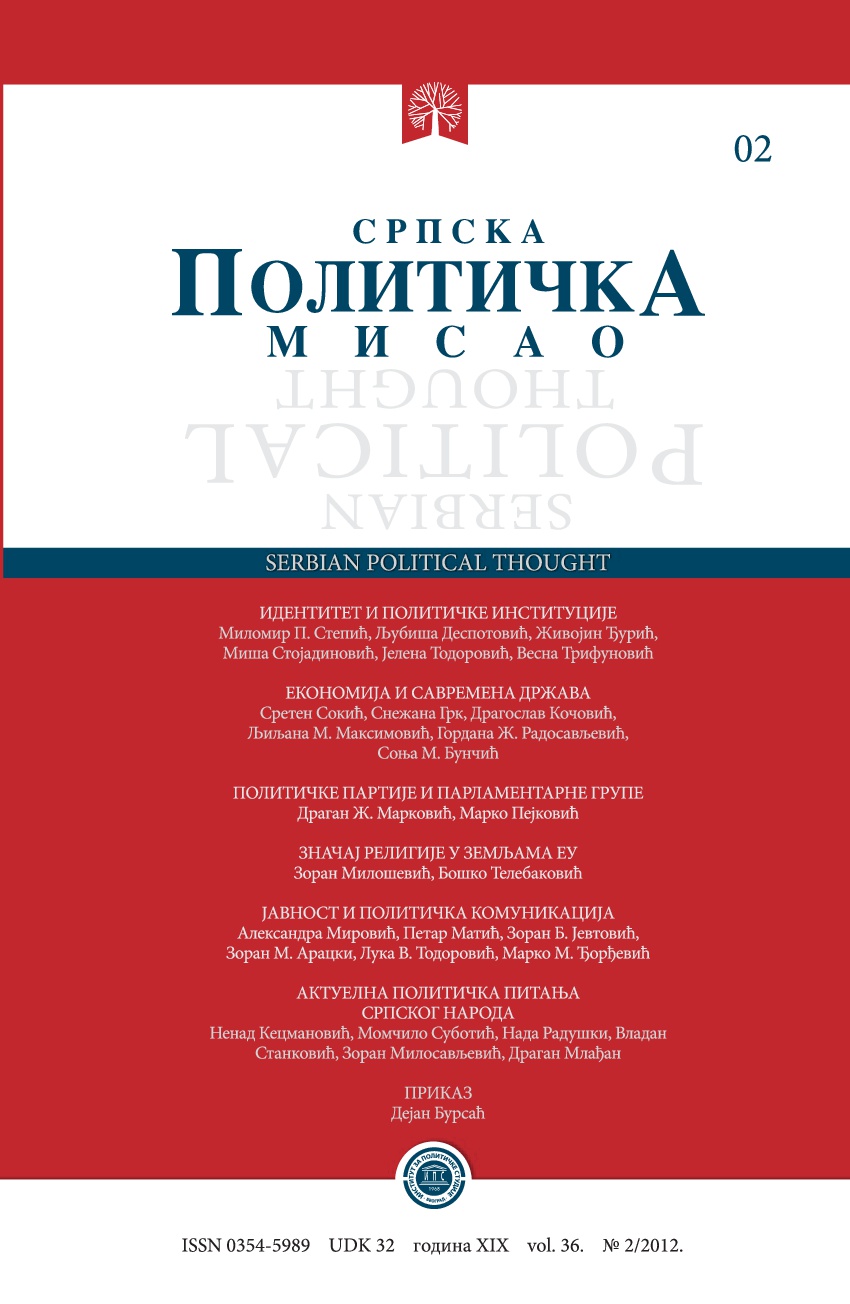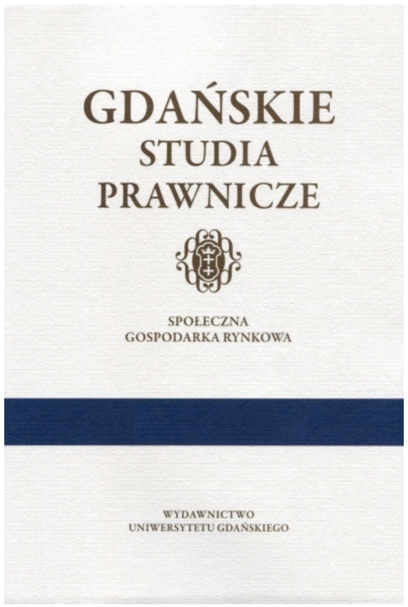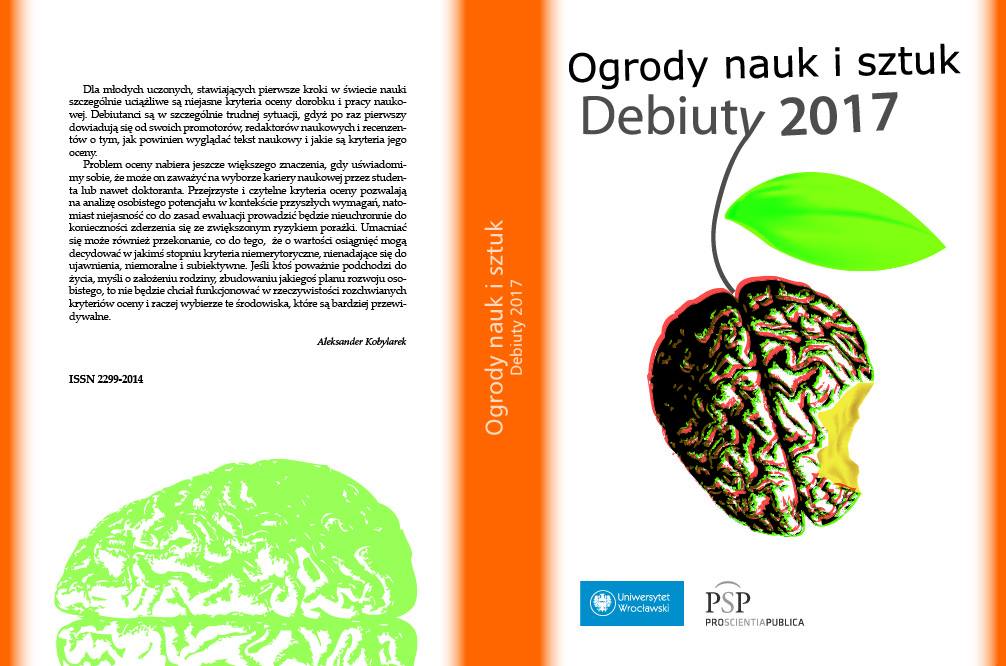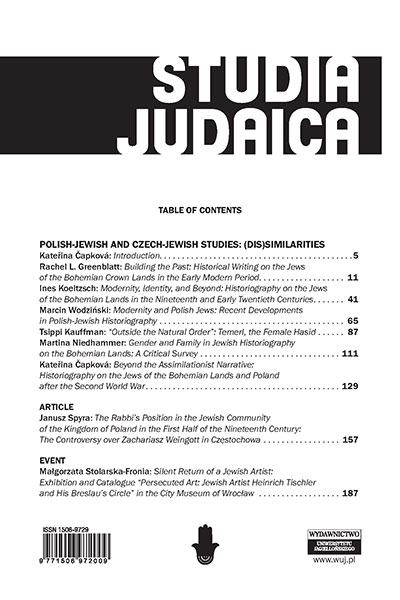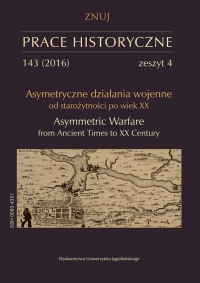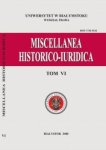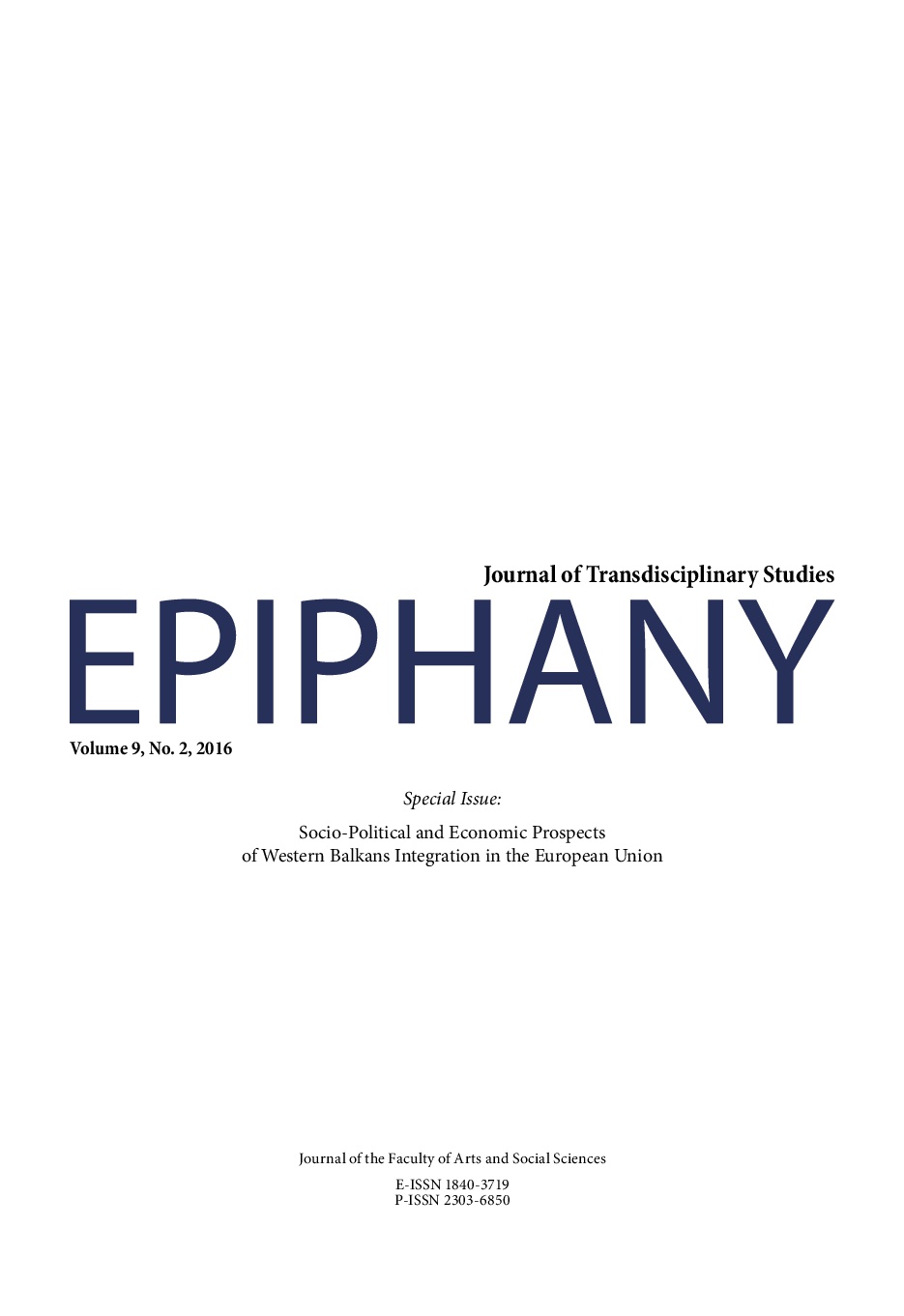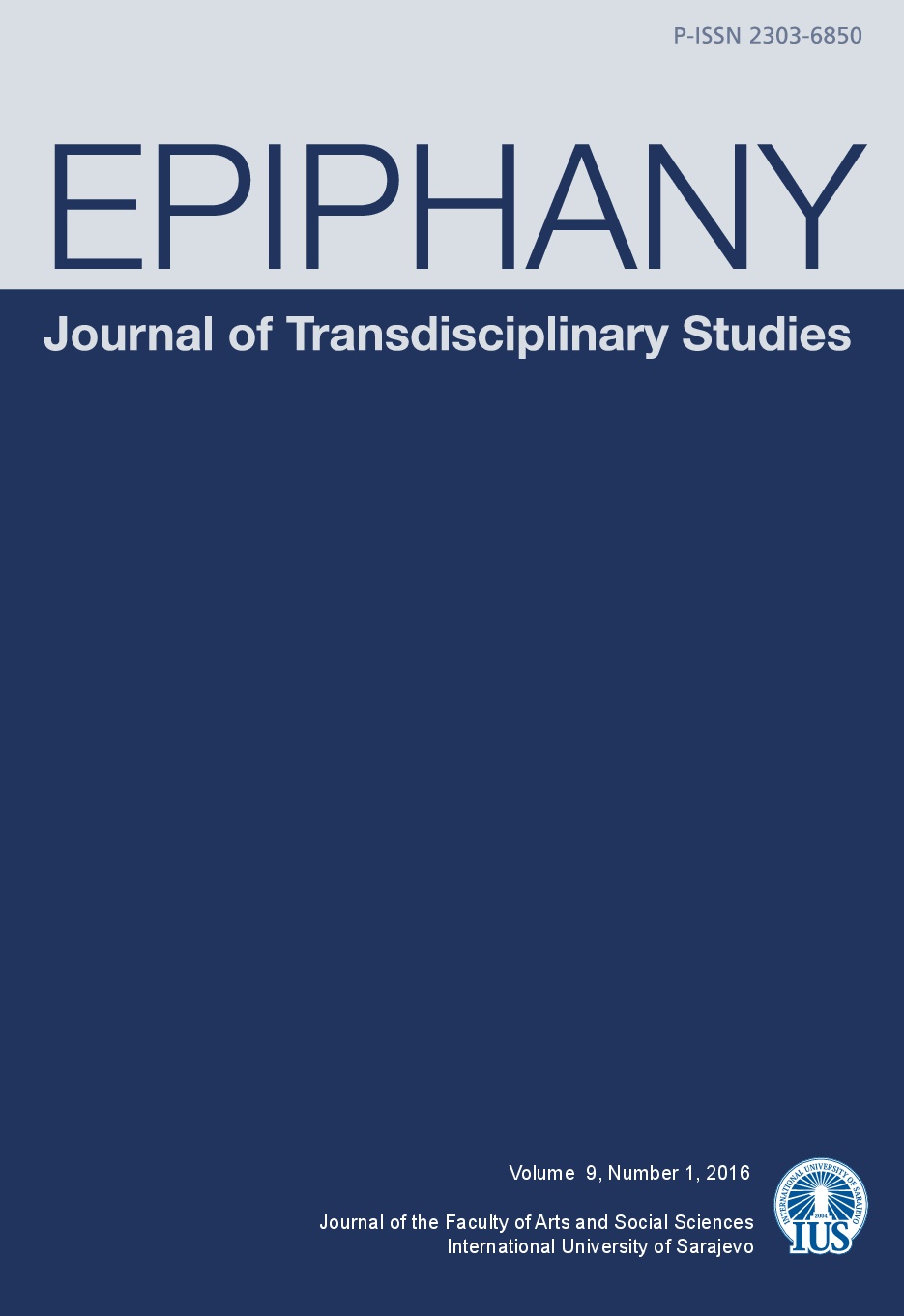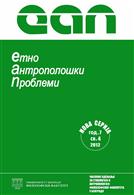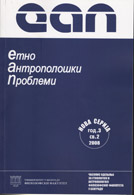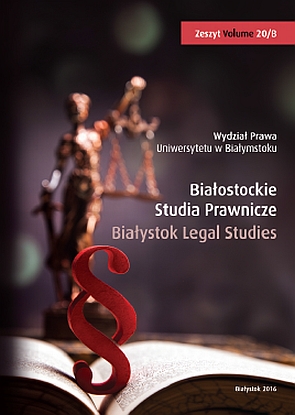
Funkcje Prezydenta Republiki Litewskiej w świetle Konstytucji z 1992 r.
The article is devoted to analysis of the constitutional functions of the president of the Republic of Lithuania. According to the author it is possible – in the light of the Constitution of 1992 – to define three functions of the president: state representation, an executive function, and an arbitration function. The function of state representation is directly connected with the president’s role as head of state. The executive function means the president is part of the executive power and may participate in the determination of state policy, especially in the sphere of foreign policy and national security. As an arbitrator, the president can stabilize the functioning of Lithuania’s political system. The strong position of the president is, however, balanced by the Seimas (Parliament).
More...
